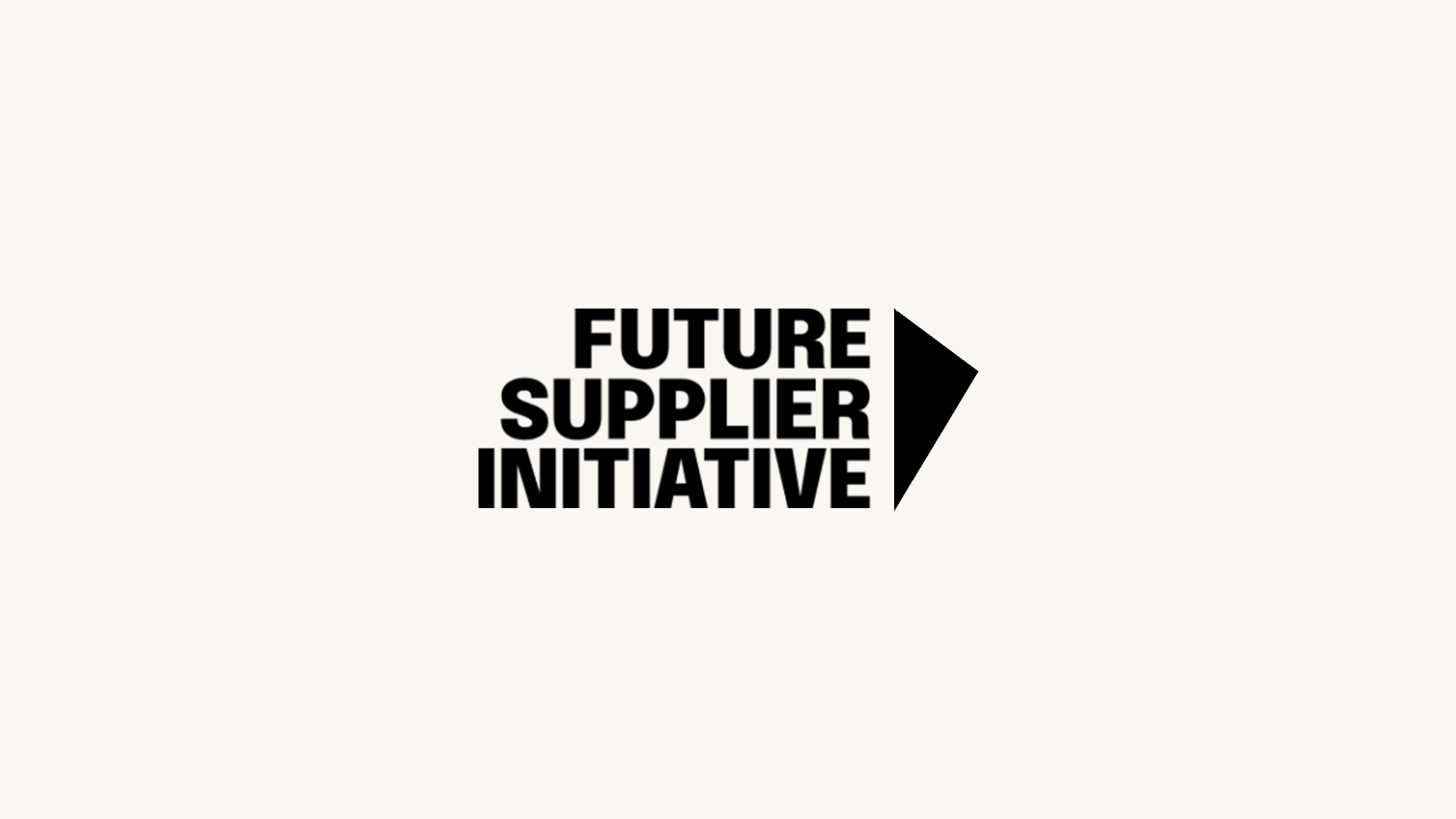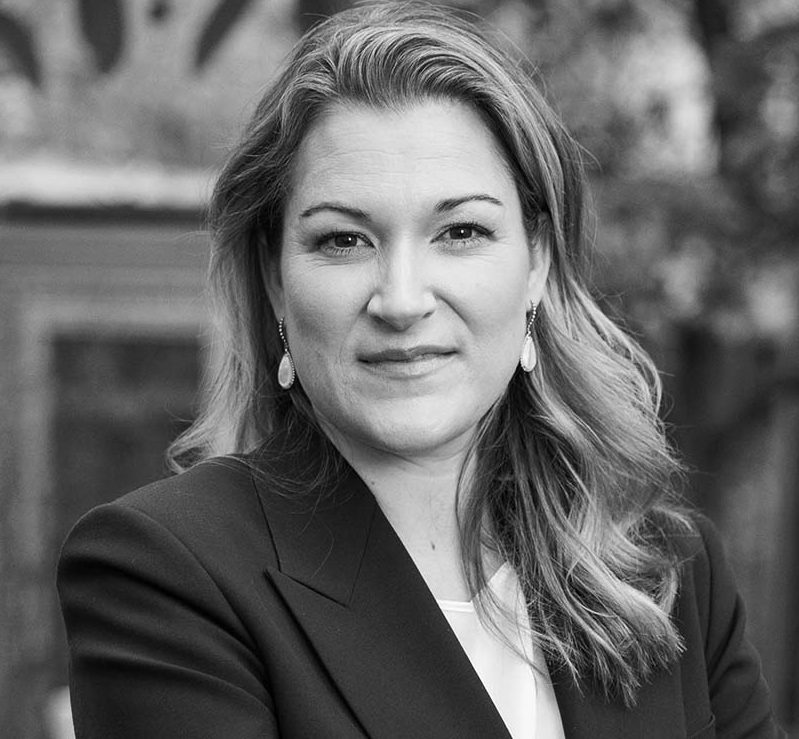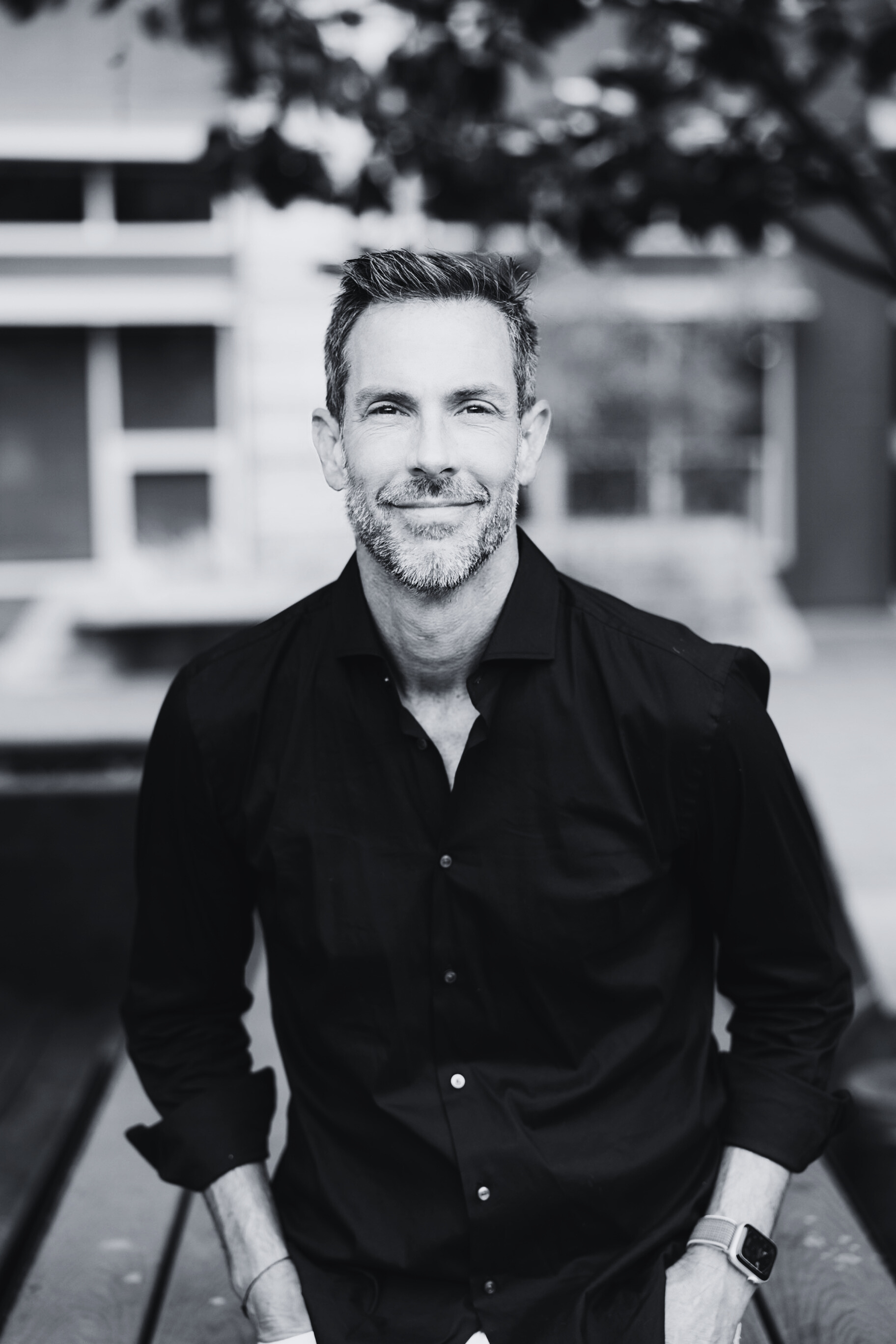Major brands commit to innovative collective financing model to decarbonise the fashion sector


- The Future Supplier Initiative offers a collective financing model for brands to support apparel suppliers’ deep decarbonisation.
- Facilitated by The Fashion Pact in partnership with Apparel Impact Institute, Guidehouse, and DBS Bank, the initiative will combine financial incentives, such as de-risking loans, with technical support.
- The first programme of the initiative will launch in Bangladesh with support from Bestseller, Gap Inc., H&M Group and Mango.
- The initiative is actively recruiting more brands, with the aim of expanding to additional regions.
June 13, 2024 – Some of the world’s biggest fashion brands have joined forces to participate in an innovative initiative to decarbonise the fashion sector, with commitments from Bestseller, Gap Inc., H&M Group, and Mango for an initial programme in Bangladesh.
The Future Supplier Initiative, facilitated by The Fashion Pact in partnership with Apparel Impact Institute, Guidehouse, and DBS Bank, offers a collective financing model to support deep decarbonisation in the apparel sector.
Overcoming barriers to decarbonisation
To achieve significant emission reductions, suppliers might adopt a range of energy efficient technologies and processes, as well as transitioning to renewable energy sources, often with lengthy payback periods that can take decades. This deters many suppliers from embracing electrification and renewable energy solutions, hindering progress towards decarbonisation goals.
To help accelerate progress and bridge these gaps, the Future Supplier Initiative aims to reduce the cost for suppliers by working with fashion brands to decrease the cost of capital for loans that can accelerate decarbonisation.
Alongside financial incentives, technical support will be provided to help suppliers identify and implement low carbon technologies and solutions. Baselining and monitoring emission reductions will also be conducted to demonstrate the impact of projects financed and implemented by the initiative.
The initiative seeks to identify and match projects with the highest potential for impact. By identifying common factory units, interventions and costs, it will enable a global and regional joint effort between fashion brands, moving from targets and roadmaps to implementation and measurable reduction, beyond energy efficiency measurements.
With an estimated 99% of total fashion brand emissions occurring in the supply chain* (Scope 3), the Future Supplier Initiative aims to accelerate the transition to net zero by sharing the financial risks and responsibilities of transitioning to renewable energy sources in Tier 1 and 2 garment and textile factories.
The initiative is a brand-agnostic mechanism that will develop and finance projects to support both brands and suppliers to meet their Science Based Targets (SBTs) and stay within the 1.5 degree trajectory.
A combination of technical support and financial incentives will be used to help overcome the barriers that prevent many factories from adopting electrification and renewable energy solutions.
Global initiative to begin in Bangladesh, with aims to expand
The initiative will begin with a programme in Bangladesh, supported by Bestseller, Gap Inc., H&M Group and Mango.
The Future Supplier Initiative is actively recruiting more brands, with the intention of expanding to other key apparel manufacturing regions including Vietnam, India, China, Italy and Turkey.
In its first year, the cohort will prioritise factories based on impact, build technical proposals for achieving deep decarbonisation, and de-risk lending to suppliers to implement these projects at more attractive rates. Year two of the programme will focus on project implementation and monitoring of the climate impact created through these investments.
By bringing in more brands and geographies into the programme, the Future Supplier Initiative aims to support brands and their supply chains in achieving their near-term Science Based Targets by 2030.
The Future Supplier Initiative is actively recruiting more brands and suppliers. For more information on how to join, please visit https://futuresupplierinitiative.com.
Note to Editors: For more information and interview requests, please contact TheFashionPact@greenhouse.agency
* Source: Fashion Industry Charter for Climate Action
About The Fashion Pact
The Fashion Pact is a global initiative of companies in the fashion and textile industry (ready-to-wear, sport, lifestyle and luxury) who have all committed to a common core of key environmental goals in three areas: mitigating climate change, restoring biodiversity and protecting the oceans. Launched by French President Emmanuel Macron, The Fashion Pact was presented to Heads of State at the G7 Summit in Biarritz in 2019 by François-Henri Pinault, Chairman & CEO of Kering. Uniquely, the Fashion Pact is CEO-led, action-oriented, and focuses on building upon and going beyond existing efforts. Today, the Pact is composed of approx. 60 members, together representing over 1/3 of the fashion industry, each eager to leverage collective action to scale and achieve impact. For more information, please visit thefashionpact.org.
About Apparel Impact Institute
Apparel Impact Institute (Aii) is a 501(c)(3) global nonprofit collective founded in 2017. The organization is dedicated to identifying, funding, scaling, and measuring the apparel and footwear industry’s proven environmental impact solutions. Aii has built a $250M Fashion Climate Fund to leverage a first-of-its-kind collaborative funding model between philanthropy and corporate entities. It is designed to catalyze climate action by funding and scaling solutions for decarbonization, and marked to unlock a total of $2B in blended capital, to meet the industry’s goal to halve carbon emissions by 2030. Most recently, Aii has updated its widely credited 2021 “Roadmap to Net Zero,” a report and guide calling for the system-wide collaboration needed to reduce GHG emissions in the apparel and footwear industry by 45% at minimum by 2030 and to zero by 2050. For more information, please visit apparelimpact.org.
About Guidehouse
Guidehouse is a leading global provider of consulting services to the public sector and commercial markets, with broad capabilities in management, technology, and risk consulting. By combining our public and private sector expertise, we help clients address their most complex challenges and navigate significant regulatory pressures focusing on transformational change, business resiliency, and technology-driven innovation. Across a range of advisory, consulting, outsourcing, and digital services, we create scalable, innovative solutions that help our clients outwit complexity and position them for future growth and success. The company has more than 16,000 professionals in over 55 locations globally. Guidehouse is led by seasoned professionals with proven and diverse expertise in traditional and emerging technologies, markets, and agenda-setting issues driving national and global economies. For more information, please visit guidehouse.com.
About DBS Bank
DBS is a leading financial services group in Asia with a presence in 19 markets. Headquartered and listed in Singapore, DBS is in the three key Asian axes of growth; Greater China, Southeast Asia and South Asia. The bank’s “AA-” and “Aa1” credit ratings are among the highest in the world. Recognised for its global leadership, DBS has been named “World’s Best Bank” by Global Finance, “World’s Best Bank” by Euromoney and “Global Bank of the Year” by The Banker. The bank is at the forefront of leveraging digital technology to shape the future of banking, having been named “World’s Best Digital Bank” by Euromoney and the world’s “Most Innovative in Digital Banking” by The Banker. In addition, DBS has been accorded the “Safest Bank in Asia” award by Global Finance for 15 consecutive years from 2009 to 2023. As a purpose-driven bank, DBS is committed to sustainability and creating social impact. The bank was recognised by Euromoney as World’s Best Bank for Corporate Responsibility in 2023. For more information, please visit dbs.com.







